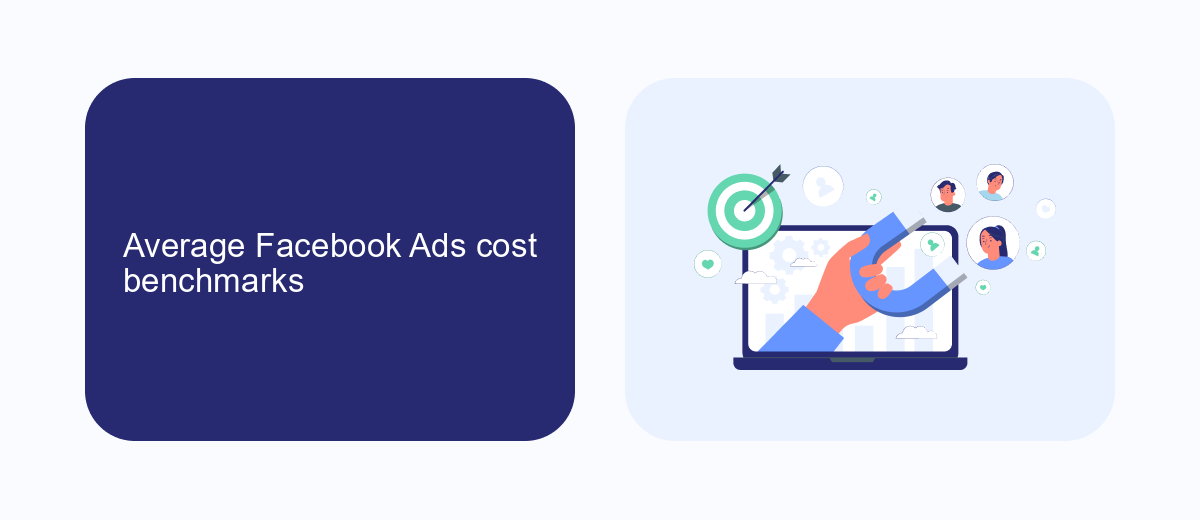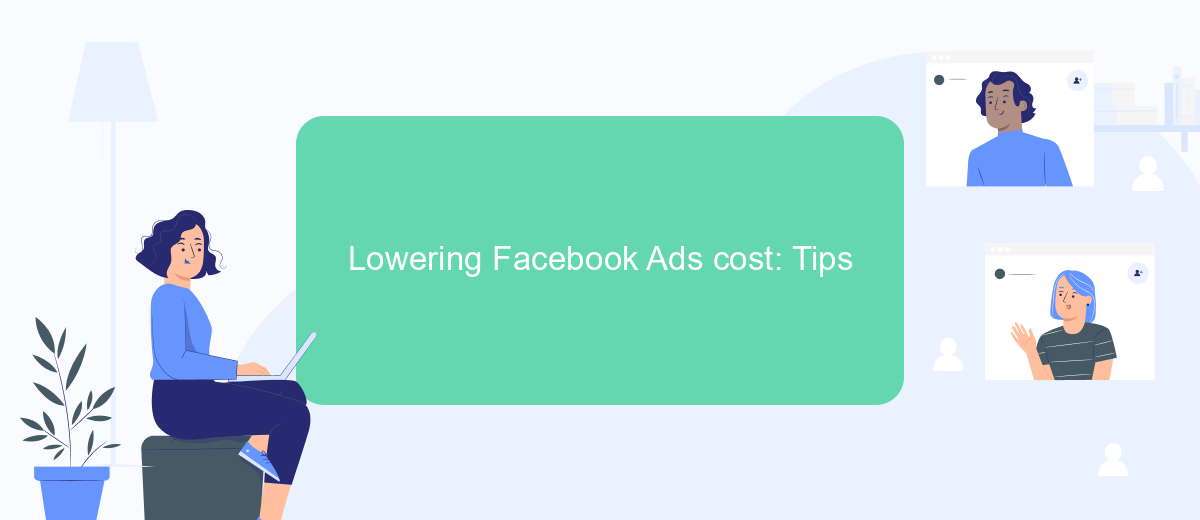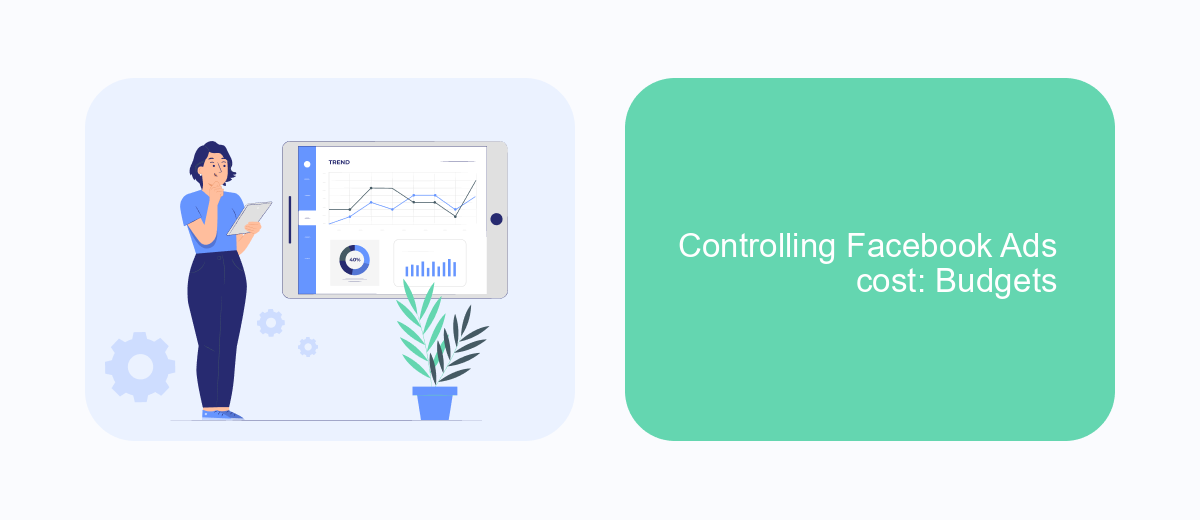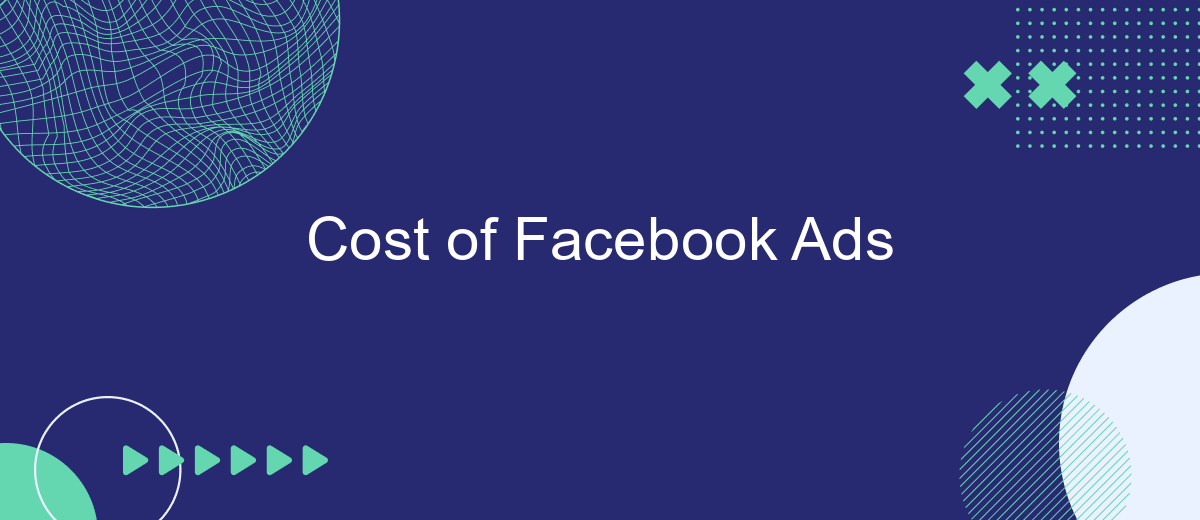In today's digital landscape, Facebook Ads have become an essential tool for businesses aiming to reach a broader audience. Understanding the cost of Facebook Ads is crucial for optimizing marketing budgets and maximizing return on investment. This article delves into the factors influencing ad pricing, offering insights into how businesses can effectively manage their advertising expenses while achieving their marketing goals.
Facebook Ads cost: Key factors
The cost of Facebook Ads can vary significantly based on several key factors. Understanding these factors can help businesses optimize their advertising budget and achieve better results. One of the primary determinants is the target audience. The more specific and competitive the audience, the higher the cost. Additionally, the ad placement and format can influence pricing, as certain placements like the news feed or video ads might incur higher charges due to their visibility and engagement potential.
- Target Audience: Specific demographics and interests can increase costs.
- Ad Placement: Premium placements often come at a higher price.
- Ad Format: Different formats, such as video or carousel, can affect pricing.
- Time of Year: Costs may rise during peak advertising seasons.
- Bid Strategy: The chosen bidding strategy can impact overall expenses.
By considering these factors, businesses can develop more effective advertising strategies on Facebook. It's crucial to continuously monitor ad performance and adjust campaigns accordingly to ensure cost-effectiveness. Leveraging analytics tools can provide insights into which elements are driving costs and how to optimize them for better returns on investment.
Average Facebook Ads cost benchmarks

Determining the average cost of Facebook Ads can be a complex task due to the multitude of factors that influence pricing. On average, businesses can expect to pay around #sml_subkey-1-section-html#.97 per click and .19 per 1,000 impressions. However, these figures can vary significantly depending on the industry, target audience, ad placement, and time of year. For instance, competitive industries like finance or insurance might experience higher costs compared to less competitive fields. Additionally, the quality and relevance of the ad content also play a crucial role in determining the final cost.
To optimize ad spending and achieve better ROI, businesses often turn to integration services that streamline marketing processes. SaveMyLeads is one such service that automates the transfer of leads from Facebook Ads to CRM systems or other applications, ensuring that no potential customer is lost. By leveraging tools like SaveMyLeads, businesses can enhance their ad campaigns' efficiency, allowing them to focus on creating compelling content and targeting the right audience, ultimately leading to more cost-effective advertising solutions.
Lowering Facebook Ads cost: Tips

Reducing the cost of Facebook Ads is crucial for maximizing your return on investment and ensuring your marketing budget is used efficiently. By implementing strategic adjustments and optimizing your ad campaigns, you can achieve better results without overspending. Here are some practical tips to help you lower your Facebook Ads costs:
- Target the Right Audience: Use Facebook's detailed targeting options to reach the most relevant audience for your product or service. This minimizes wasted ad spend on uninterested users.
- Utilize A/B Testing: Regularly test different ad creatives, headlines, and call-to-actions to determine which combinations resonate best with your audience, allowing you to allocate budget to the highest-performing ads.
- Optimize Ad Placements: Analyze performance data to identify which placements yield the best results and consider focusing your budget on those specific placements.
- Set a Bid Cap: Implement a bid cap to control how much you're willing to pay per click or impression, ensuring costs don't exceed your budget.
- Monitor and Adjust: Continuously monitor your ad performance and adjust your strategies based on data insights to maintain cost-effectiveness.
By carefully managing your Facebook Ads strategy, you can significantly reduce costs while still achieving your advertising objectives. Regular analysis and optimization are key to maintaining an effective and economical ad campaign. Remember, small adjustments can lead to substantial savings over time, so always be proactive in refining your approach.
Controlling Facebook Ads cost: Budgets

Managing your Facebook Ads budget effectively is crucial for maximizing your return on investment. By setting a clear budget, you can control how much you spend and ensure that your ads reach the right audience without overspending. Start by determining your overall advertising goals and how much you're willing to invest to achieve them.
Once you have a budget in mind, it's important to allocate it wisely across different campaigns and ad sets. Consider using Facebook's budgeting tools to set daily or lifetime budgets that align with your objectives. Monitoring your ad spend regularly helps you make necessary adjustments and optimize your campaigns for better performance.
- Set a clear budget based on your marketing goals.
- Utilize Facebook's budgeting tools for daily or lifetime limits.
- Regularly monitor and adjust your ad spend.
- Allocate budget strategically across campaigns.
By implementing these strategies, you can maintain control over your Facebook Ads costs while achieving your desired outcomes. Remember, consistent evaluation and adjustment of your budget are key to staying competitive and efficient in the dynamic landscape of digital advertising.
- Automate the work with leads from the Facebook advertising account
- Empower with integrations and instant transfer of leads
- Don't spend money on developers or integrators
- Save time by automating routine tasks
Measuring Facebook Ads cost: ROI
Measuring the return on investment (ROI) of Facebook Ads is crucial for understanding the effectiveness of your advertising efforts. ROI is calculated by comparing the revenue generated from the ads to the cost of running them. To accurately measure ROI, it is important to track key performance indicators (KPIs) such as click-through rates, conversion rates, and customer acquisition costs. By analyzing these metrics, businesses can determine which ads are performing well and which need adjustment, allowing for data-driven decision-making to optimize ad spend.
Integrating Facebook Ads with other marketing tools can enhance the measurement of ROI. Services like SaveMyLeads facilitate seamless integration by automating the transfer of leads from Facebook Ads to CRM systems or email marketing platforms. This automation ensures that businesses can quickly and accurately follow up with leads, improving conversion rates and ultimately boosting ROI. By leveraging such tools, companies can streamline their marketing processes, reduce manual errors, and gain a comprehensive view of their advertising performance, leading to more informed strategic decisions.
FAQ
What factors influence the cost of Facebook Ads?
How can I reduce the cost of my Facebook Ads?
What is the average cost-per-click (CPC) for Facebook Ads?
How does the bidding strategy affect Facebook Ads cost?
Are there tools that can help manage and optimize Facebook Ads?
What do you do with the data you get from Facebook lead forms? Do you send them to the manager, add them to mailing services, transfer them to the CRM system, use them to implement feedback? Automate all of these processes with the SaveMyLeads online connector. Create integrations so that new Facebook leads are automatically transferred to instant messengers, mailing services, task managers and other tools. Save yourself and your company's employees from routine work.

